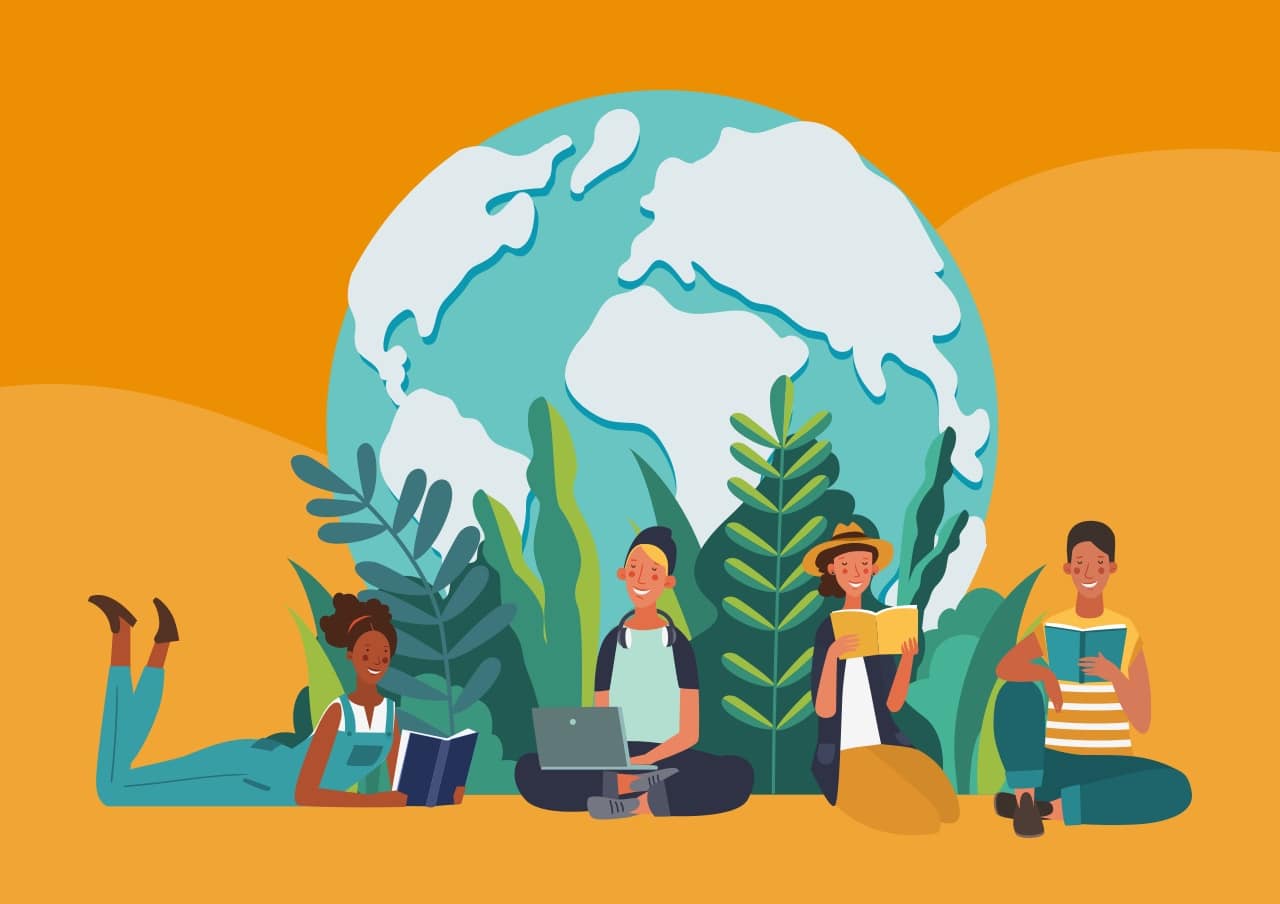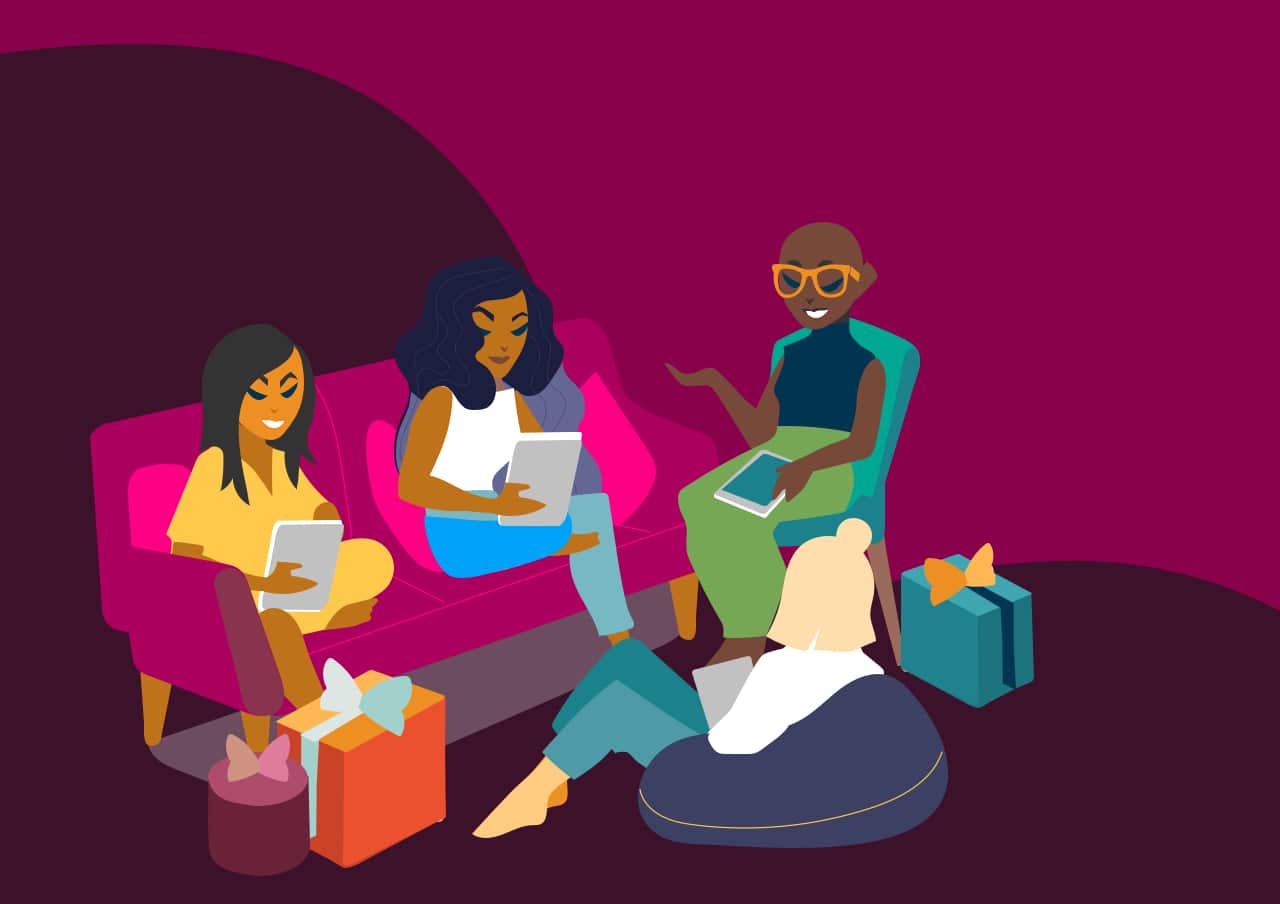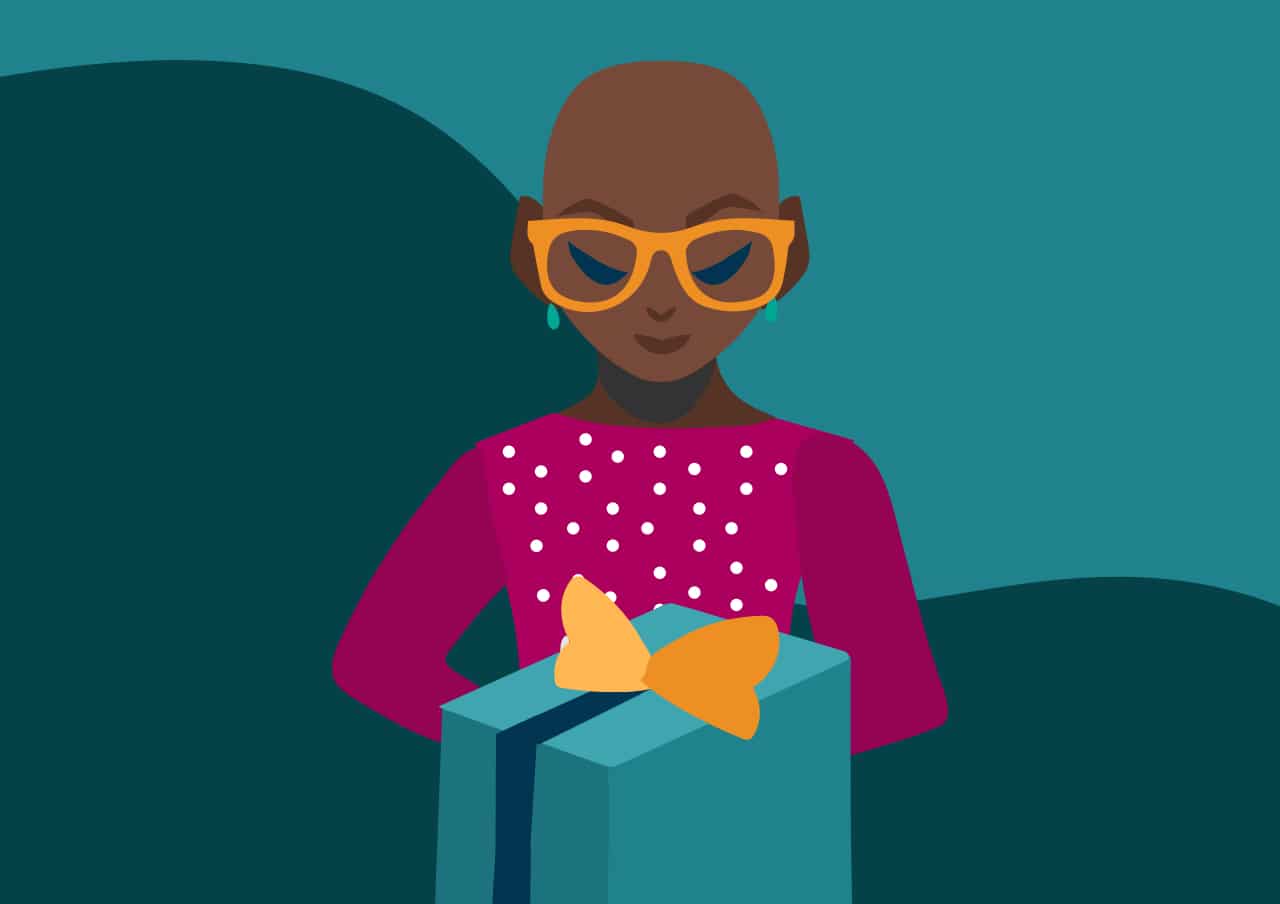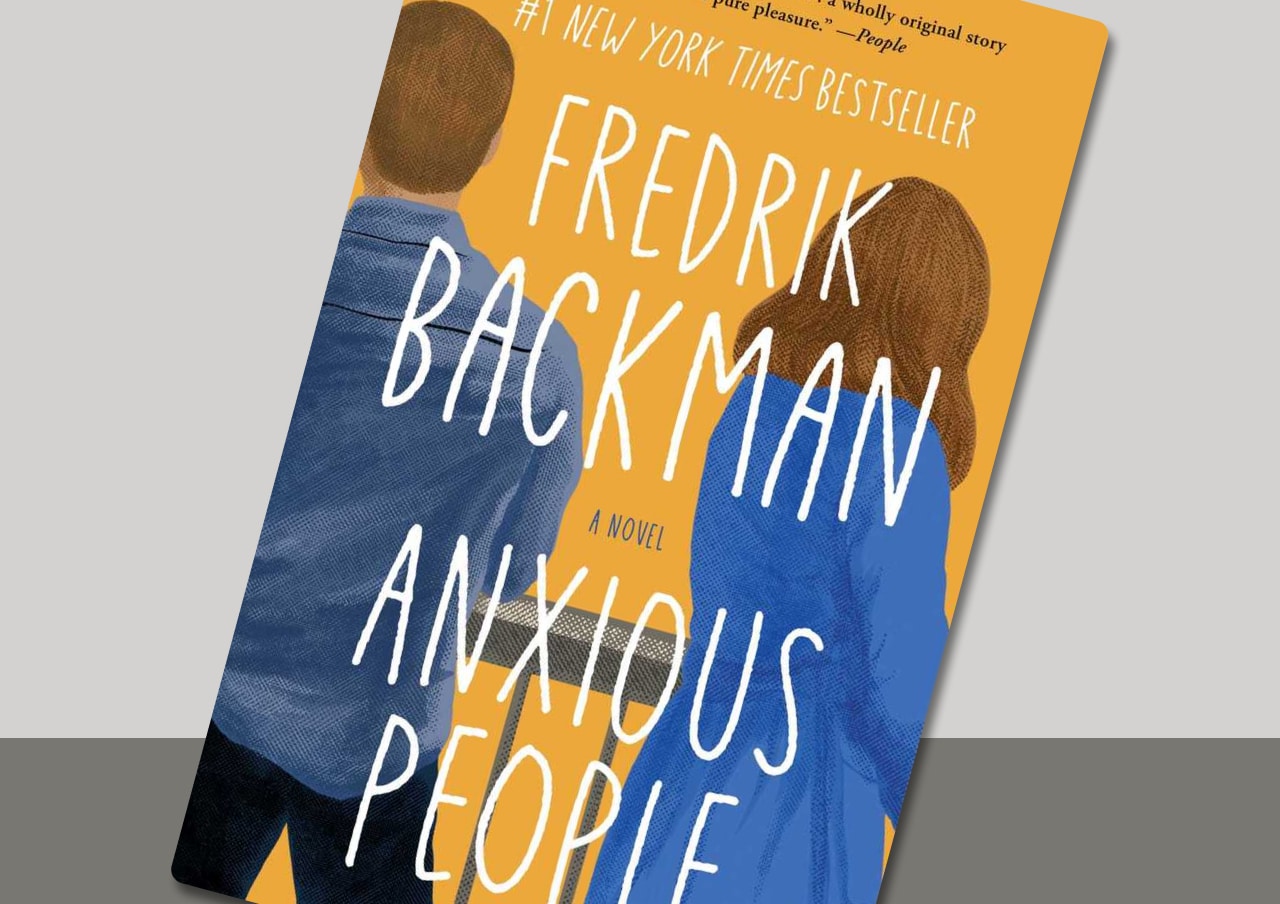
With the simple action of flipping a page or pressing play on an audiobook, we can become better humanitarians. Better mentors. Better supporters. Better change-agents. All through the written word. Stay with us here as we lay out four powerful reasons why a good book can be our first step toward changing the world.
1. Books can make us better human beings
We’re usually not our best selves when we’re tired, stressed, or cranky. Thankfully, reading fiction can help. Reading comes with a host of benefits, including better sleep, less stress, and improved mental health and well-being. And there’s more.
“Fiction can function as the mind’s flight simulator, letting us ‘test’ or ‘simulate’ social worlds and scenarios,” says Keith Oatley, Ph.D., a professor of cognitive psychology and the author of several books, including Therefore Choose. “The evidence shows that fiction readers have a better understanding of other people and social scenarios. They also score higher on tests of empathy.”
On top of that, Oatley adds, “Readers are actually able to change themselves for the better based on the information they learn about other people and their intentions — even if those other people are fictional.”
When reading, you put yourself in another person’s shoes. The messages you absorb from that experience influence how you feel about yourself and others (whether fictional or otherwise). That means the lessons you learn while reading have the power to carry over into the real world — making you better able to understand and connect with other people and more likely to help people in distress.
These positive changes are compounded by the ripple effect, which we’ll talk about next.
2. Reading can inspire a wave of good in the world
Ever heard of the ripple effect? It’s the idea that one small action can inspire a series of additional actions — like when you drop a pebble in a lake and watch the ripples spread.
Molly Galbraith, co-founder of Girls Gone Strong and author of Strong Women Lift Each Other Up, believes the ripple effect has the power to change the world. “The possibilities are endless. Let’s say you take one small action to lift a fellow woman up. That action may give her the confidence she needs to go ask for a raise, start a business, recognize her own worth … the list goes on. And her newfound inspiration might prompt her to help another person in turn. Suddenly, positive change starts branching in all directions.”
Galbraith continues: “When you read, you get inspired. You start becoming a more empathetic person. You might hear voices that enforce yours — or that encourage you to think in an entirely new way. These ideas become fuel for you to go out and start making a difference. Even the simple act of reading a book, leaving a review for an author, or sharing that book with a friend can spread outward, changing not only the author’s life but also the life of anyone else encouraged to read that book because of you.”
That’s the power of a single action.
3. Your choice of books can help amplify marginalized voices
While authors get to express themselves directly in their books, the growth of an author and the extent to which their work spreads often relies on readers by:
- Supporting authors fighting for causes you believe in,
- Reading books exploring themes you care about,
- Intentionally seeking out the works of marginalized communities and diverse authors, and
- Reading stories about people (and by authors) who look different than you, have a different religion, love a different gender, or whose experiences of the world are different than your own
You have the opportunity to amplify the voices you want to hear and strengthen your ability to empathize with other people. While broadening your horizons, you also lift up the authors who write those stories.
Everyone’s story deserves to be told, and everyone deserves to be able to find a story that resonates with them. By encouraging diverse books and authors, we help ensure more voices are heard and valued, which inspires a more inclusive, equitable, and compassionate world.
4. Stories let us explore the present through a new lens — and can encourage us to course-correct for the future.
Have you ever turned on the news only to see a story that eerily reminded you of a book you’d already read? Maybe you heard about the uptick in book banning and thought of Fahrenheit 451. Or maybe it was a story on increasing mass surveillance, and you immediately remembered 1984.
Stories and satires can present a powerful form of social critique, sometimes in a way that is more accessible to general audiences. When we start recognizing themes that we already explored in a book, we have emotional buy-in. We care because we’ve experienced something similar before in our “flight simulator,” to use Dr. Oatley’s words. We’ve seen how certain choices lead to certain results.
Books help us look at current events and experiences through a lens we might not otherwise have access to. This can have social and political implications, giving us an opportunity to course-correct in the future. And it goes beyond that.
In books, we often see the power a single citizen has to change a narrative, to change a life, even to change the world. Just think of The Hunger Games as an example. The more we “live” these experiences via books, the more empowered we are, in turn, to feel like we could be that positive change. Because we can. All it takes is one small action at a time, each of which has the power to snowball into something far greater than we could have imagined.
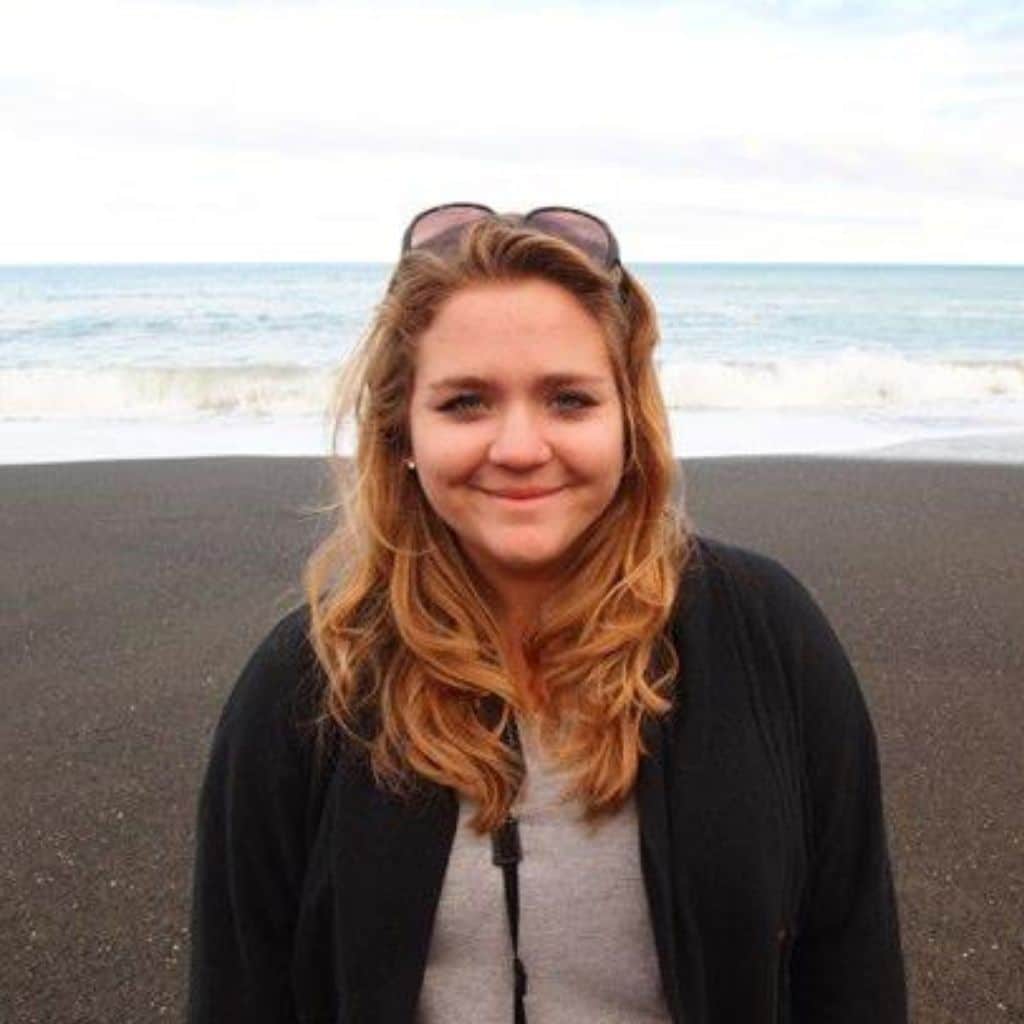
About the Author: Kelsey Fritts
Kelsey is a writer, editor, anthropologist, and bookworm. She's also the author of two young adult fantasy novels. When she's not out exploring in nature or playing with her ridiculously spoiled dog, you can find Kelsey curled up with a mug of hot cocoa and a novel—likely one by Laini Taylor, Leigh Bardugo, N.K. Jemisin, Margaret Atwood, or Ursula K. Le Guin.

